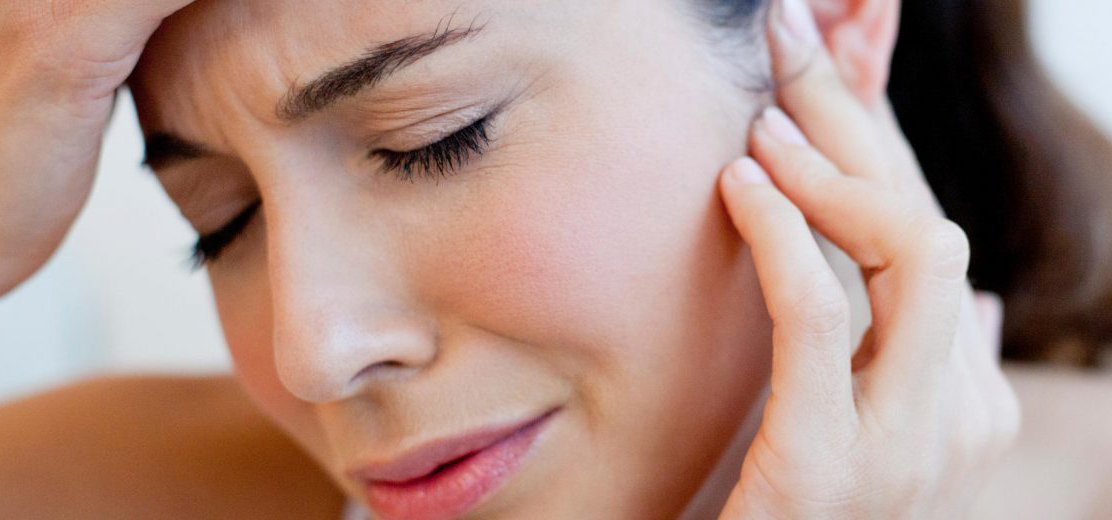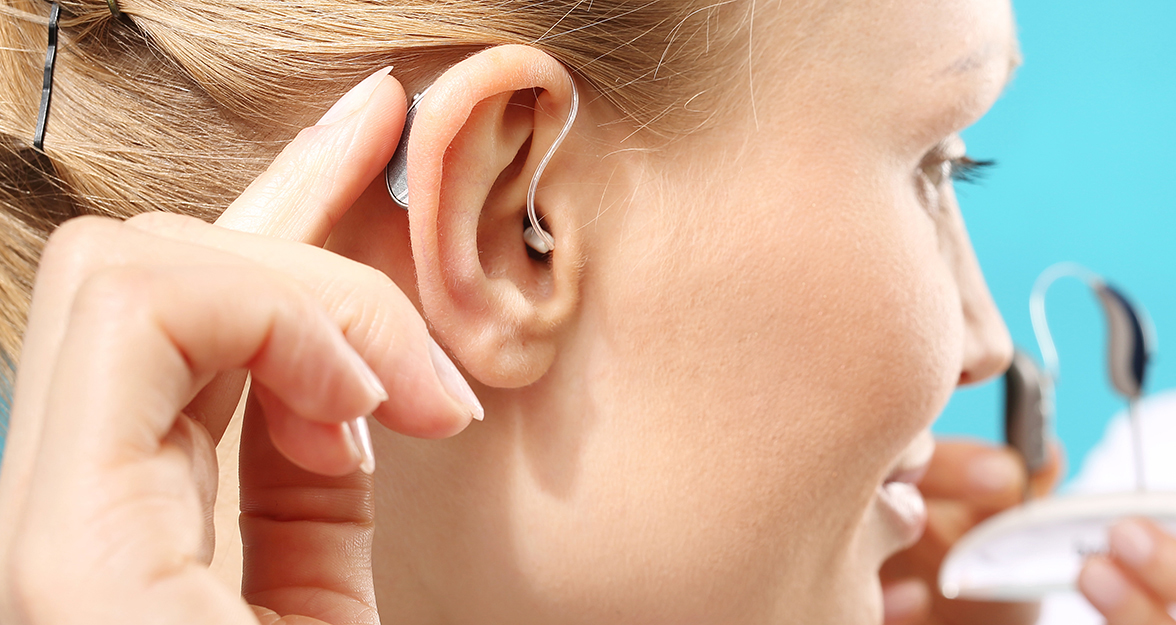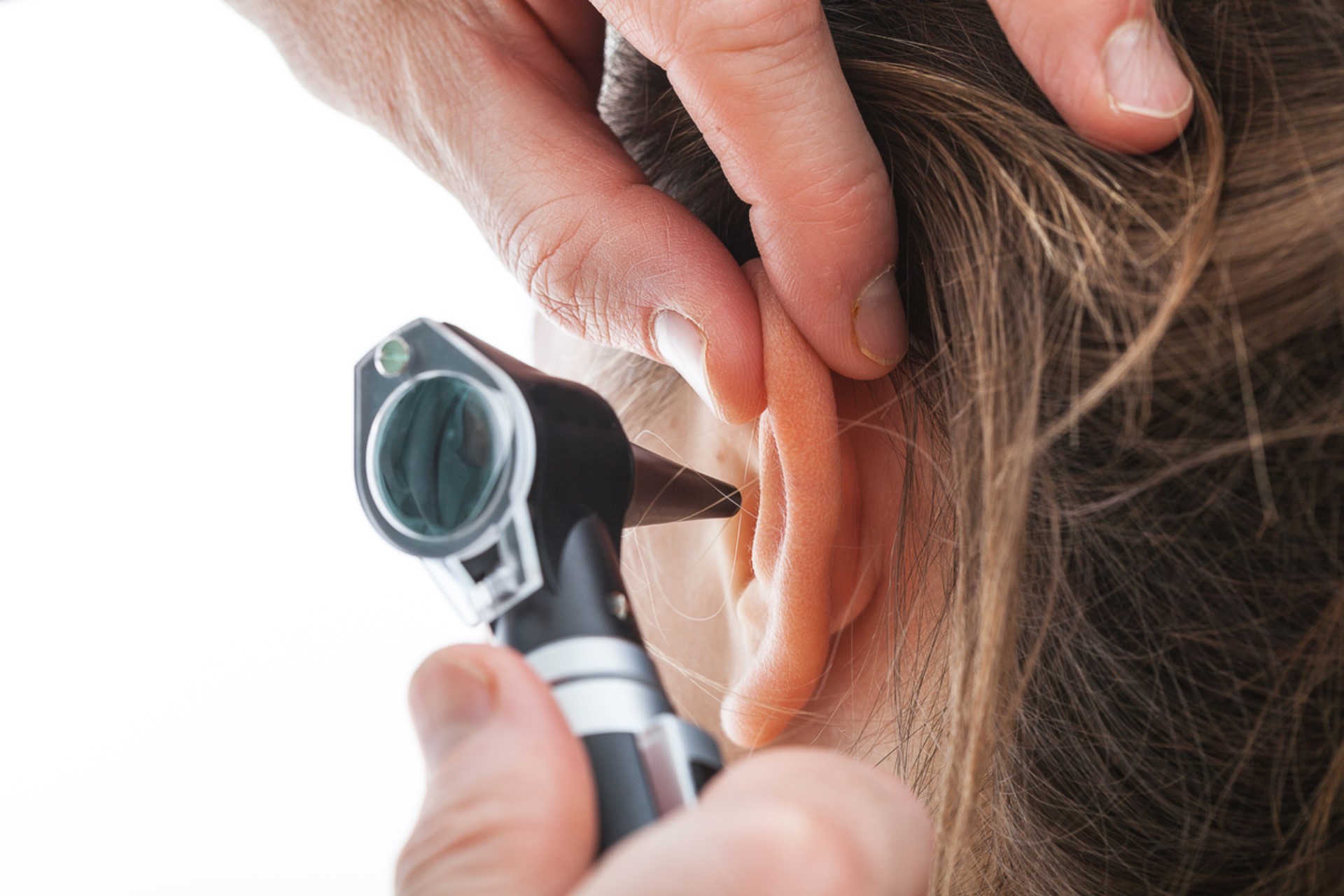Tinnitus or tinnitus consists of the perception of sounds, sounds or hums inside the head and that nobody else can hear.
It is a noise, beeping or buzzing, that is heard in a real way, but that does not come from any external source. It is “like a brain buzz”, or “like a beep in the ear”.
Most people affected have a sensorineural tinnitus due to a spontaneous activity of the auditory system, or damage to the hair cells of the cochlea (the inner ear organ). In other patients, it is thought that it may be a kind of epileptiform activity in the form of auditory perception. There are two types of neurosensory tinnitus:
- Peripheral: that lasts week or months.
- Central or chronic: lasts for months or years. They account for 95% of cases.
Tinnitus is not a disease, but a symptom that can have different origins. If the tinnitus is continuous, you should consult a doctor. Also if it is perceived only on one side, or if it is associated with loss of balance, or dizziness and dizziness. The fact that it affects daily life and quality of life is also a reason for consultation.
It is common for you not to find a specific cause for tinnitus, or a cause that may be treatable. If there is a treatable cause, tinnitus or tinnitus may improve with the treatment of that cause. If not, there are cases that improve with a diet (usually low in carbohydrates, sometimes it is useful to restrict dairy or gluten, although there are not many studies in this regard).
It is important to do regular physical exercise. It is better to go to bed when you are sleepy and not when it is time to sleep.
 Tinnitus cannot really be prevented in general, except in cases that are due to barotrauma. It is important to use suitable protectors in jobs where there is exposure to a lot of noise. Also, it is convenient not to use headphones to listen to music, or at least moderate the volume.
Tinnitus cannot really be prevented in general, except in cases that are due to barotrauma. It is important to use suitable protectors in jobs where there is exposure to a lot of noise. Also, it is convenient not to use headphones to listen to music, or at least moderate the volume.
Always take care of your health with a unique and efficient service. Visit Pharmamedic.




